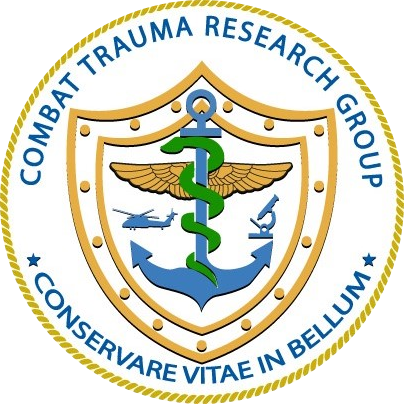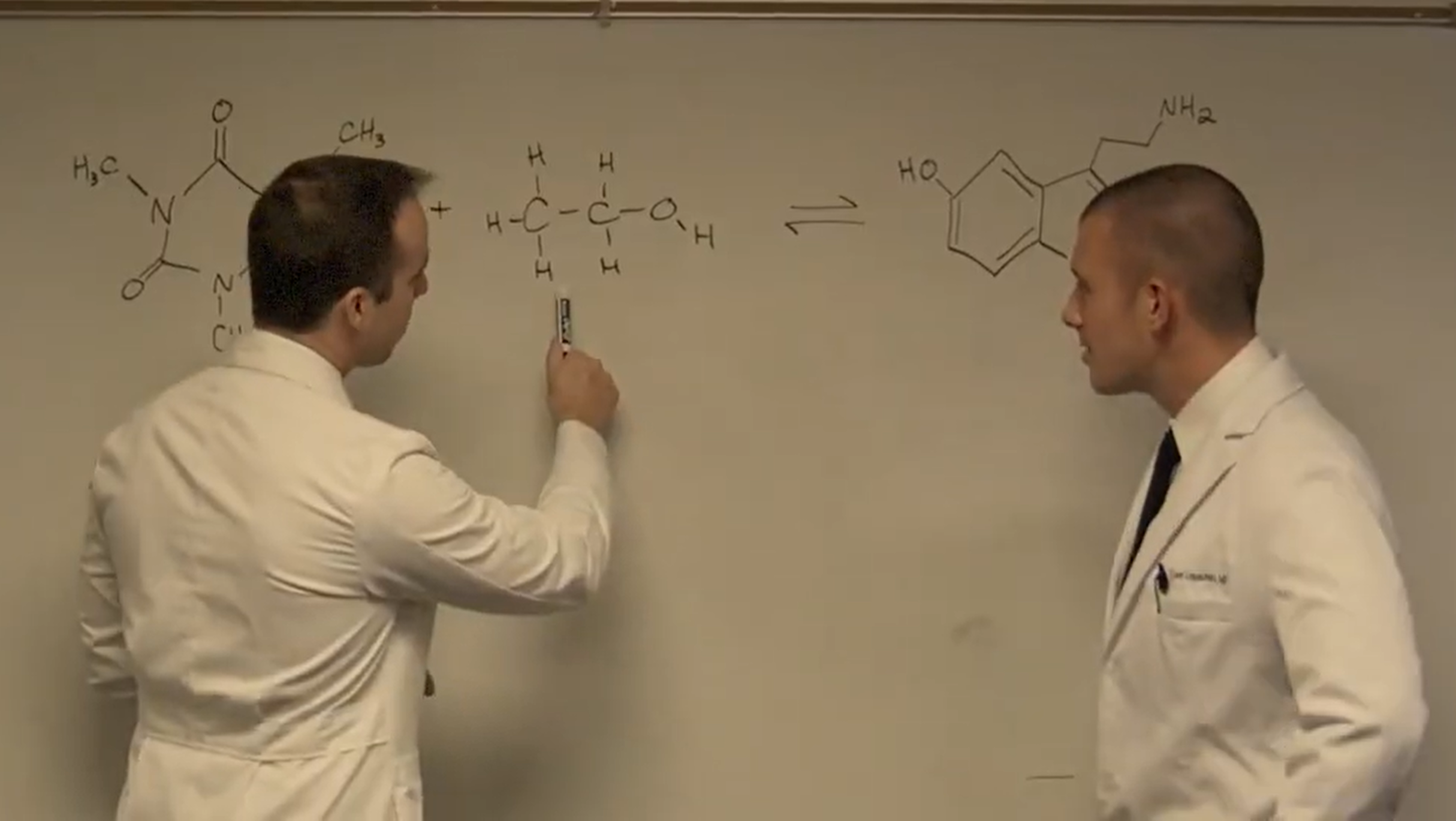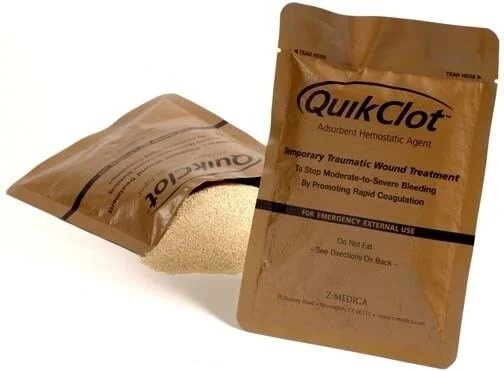The CTRG conducts high impact research studies with the specific goal of saving lives on the battlefield.
With a focus on the resuscitation and stabilization of combat casualties, from frontline points of care through definitive surgical capability, the CTRG conducts primary and pre-clinical research for the development and optimization of advanced therapeutics and drug products as well as product evaluation to improve survivability of expeditionary warfighters.
Our Mission...
CTRG focuses on evaluating problems and knowledge gaps centered on Tactical Combat Casualty Care (TCCC). One unique aspect of CTRG is that nearly 100% of its membership are full time clinical faculty, most of its members having had recent and extensive operational experience, giving them direct insight into issues facing casualty care. The staffs’ deployments have generated research questions and protocol topics which include hemostatic gauzes, artificial hemoglobin, field tourniquets, tension pneumothorax decompression devices, chest seals, cricothyrotomy technique comparisons, Tranexamic Acid, Terlipressin, fresh-frozen plasma, and other resuscitative measures. The group’s findings have directly influenced and supported changes to the Committee on TCCC’s official guidelines. CTRG’s research allows our Residents and Staff to have a direct and meaningful impact on pre-hospital, enroute, and in-hospital military medicine.
CTRG’s interdisciplinary approach allows residents and staff to collaborate with pre-hospital providers and other medical specialties, laying the foundation for the team dynamics that are critical in the deployed setting. These also provide individuals with leadership experience, as well as greater exposure to academic medicine, research opportunities and institutional knowledge. Resident members graduate as subject matter experts regarding TCCC and Joint Trauma System Clinical Practise Guidelines.
Our Story…
The CTRG originated in 2004 from a pilot study by Dr. Jose Henao, who studied how treatment with the exothermic first-generation hemostatic agent QuikClot damaged healthy tissue in combat wounds. Although this study was unpublished, it spurred excitement from several members of the Emergency Medicine Department, leading to a follow-up study by Dr. Buddy Kozen, which was published in Academic Emergency Medicine. The group was originally called the Hemostatic Agent Working Group (HAWG) and included three members: one ER staff member, one resident per year, and one lab assistant. In 2007, HAWG expanded their research scope and rebranded as the Combat Trauma Research Group.
A Tradition of Excellence…
In the sixteen years since it was founded, the CTRG has grown from three members to over forty and includes residents and staff from the Departments of Emergency Medicine, Surgery, Radiology, Orthopedics, Anesthesiology, En Route Care Nursing and Critical Care. As of June 2019, the CTRG has twenty-one active protocols, nine protocols in development, and over $2.2 million in recent appropriations for combat trauma research.
The CTRG is directed by Dr. Sean Stuart, an Emergency Medicine physician with extensive military operational experience. The group is supported by dedicated research staff, including a PhD-trained program manager, protocol developer, three clinical research coordinators, a biomechanical engineer and three research technicians. The CTRG is also supported by the Clinical Investigation Department (CID) within NMCP, which is a stand-alone facility providing research resources to investigators including grants and financial administration, medical editing, and biostatistics.
In 2016, the CTRG team earned 6 of 11 Academic Research awards for Navy Medicine East for their continuing efforts to improve combat casualty care, single-handedly changing the culture at Naval Medical Center Portsmouth with their enthusiastic approach to pursuing research. Additionally, Dr. Sean Stuart won 2nd place for Resident Research at the American Academy of Emergency Medicine annual conference. That year, CTRG received the Defense Health Agency’s Award for Research Accomplishment (Large Team category), the highest medical research award offered in the US military.
The following year Dr. Taylor George won the 1st place award for resident research at both the command and Navy-wide research competitions. In 2019, the CTRG team also won the majority of the Navy Medicine East Academic Research Competition awards, as well as, both the Navy-Wide Staff and Resident Research Awards. Dr. Eric Sulava also won 1st place for Resident Research at the American College of Emergency Physicians Annual Symposium, the largest meeting of emergency physicians in North America.
The Next Chapter…
The Combat Research Trauma Group continues to grow both in scope and magnitude, developing multi-institutional collaborations with other military and civilian academic institutions and entities in order to continue in its mission to preserve life on the battlefield.
CTRG’s current protocols include investigations into pharmaceuticals, hemostatic agents, wound closure devices, transfusion safety, device assessment, and hemostasis during transport. The group continues to focus primarily on translation research models as well as end-user training protocols and therapeutic effectiveness. The CTRG takes research questions directly from operational units and knowledge gaps identified by the CoTCCC and other specialty working groups. Our multi-disciplinary research group comprised of Critical Wartime Specialties continues to strive towards a goal that has not changed since the inception of the first pilot study in 2004, to protect, enhance, and restore the health and safety of America’s Warfighters.












